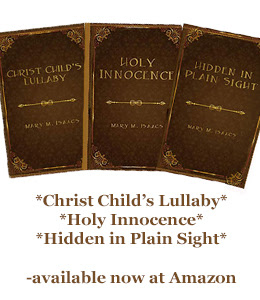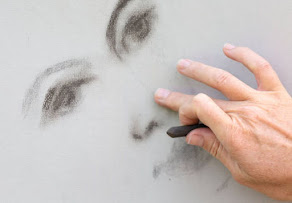This will not be comprehensive, nor will it be explicit. But I believe that profanity has been a major contributor to the degradation of American society and culture, so a brief view...
I like to pick 1939 for the first slippery slope of our downward trajectory. 1939 gave us, among others, The Wizard of Oz, Mr. Smith Goes to Washington, and the iconic Gone with the Wind. You never heard profanity in the big studio movies until Rhett Butler told Scarlett O'Hara,
"Frankly my dear, I don't give a damn!"He didn't coin the word. Sailors and others used that and far worse on a daily basis, but this was a shared cultural experience that somehow made it more acceptable. But still it was somewhat scandalous and Hollywood spent the next few decades dancing around the words the best they could. In westerns, prior to bar fights, the villain would start to insult the hero, only to be rewarded with a punch in the mouth before he could finish.
"Why you dirty..." POW! [Punch in the face.]Sometimes they got as far as
"You dirty son of a ..." POW! [Punch in the face.]
How rude of our hero not to let them finish their sentences! Sometimes film makers would go to ridiculous extremes not to use a word. In one Dragnet movie, Joe Friday tells the bad guy the difference between you and me is:
"My mother didn't bark".See what he did there? He called him a son of a... never mind!
(Writer Owen Wister illustrated in his 1902 novel, The Virginian, the good-natured use of insult and profanity between men wasn't necessarily a bad thing, so long as you "Smile when you say that.")
Late sixties, early seventies, while Isaac Hayes was telling us "Shaft was a bad mother...", the chorus cuts him off! Telling him to shut his mouth! Too late! Most of us had already figured out what came next. The late Sammy Davis Jr. used to tell of a trip to London, where he met the Queen and the Queen Mother.
"Over there, it's not half a word"And all the adults knew what he meant. They also knew what the bad guy in the bar was about to say, and what Joe Friday was implying.
Fast forward to 1981, The Greatest American Hero, broadcast on a major TV network, every scene our hero would attempt something and not quite succeed was punctuated with the word "Damn". From scandalous utterance to comedy punchline in just 40 years! Broadcast TV is replete with the words "bastard", "son of a bitch" and others that were probably also considered scandalous not that long ago, but, I too, have become so inured to them, they just don't register anymore.
Fast forward to the present with the ubiquitous "F-bomb". I know people who use it like punctuation in their sentences, or as the only noun or adjective they've ever learned. Once the purview of R rated movies and cable TV, the "f-bomb" echoed through darkened theaters and living rooms...and spilled out into the street!
I think the first time I recall being shocked by such language was back in the early '80s. I was at Cal State Hayward at the time, and remember walking along the street, passing within earshot of three boys, about twelve, walking along the same street, and they were calmly, matter-of-factly cussing like little sailors. They weren't angry or upset, they were simply using "f-bombs" as filler...punctuation in their conversation.
It struck me then, as it does now, that the words lose whatever power or shock value they may have had, from constant misuse or overuse. Personally I have been of the opinion that people who are constantly given to profanity are exhibiting a poverty of vocabulary. It ought not be surprising how creative one can actually be in crafting an elaborate insult by ones self. Still, there are times when, as they say, "No other word will quite do!" and I have used them myself, albeit sparingly. Certain vocations, they seem to provide a means of clear communication! If profanity is a large part of your vocabulary, say it loud. F'ing A, bubba!*
Still the idea of dropping "f-bombs" casually and indiscriminately, or putting "f-bomb"" signs into the hands of small children at political protests, doesn't seem right to me. It must, of necessity, either lessen their power or numb us to their use.
Such language has thus lost much of its shock value. Again, I personally do not typically use that language in lieu of more creative uses, but if you use such words daily, frequently, and for the most trivial of things... then what are you left to say when you get really angry? When a person or a situation is really bad? Is there anything left? Or do you just say it a little louder??
Will the F-bomb join "Gosh, Doggone it, Shucks, Geez, Darn, Gee Willickers, Horse Puckey, H-E-double toothpicks" and the like in its soon to be newfound blandness?
Sheesh!
*It used to be de rigueur for Southern gentlemen to lower their voices when uttering profanity or speaking of unpleasant things. It seems there was nothing they couldn't say, so long as they dropped their voices, to spare any women or children who might be within earshot from hearing it









No comments:
Post a Comment